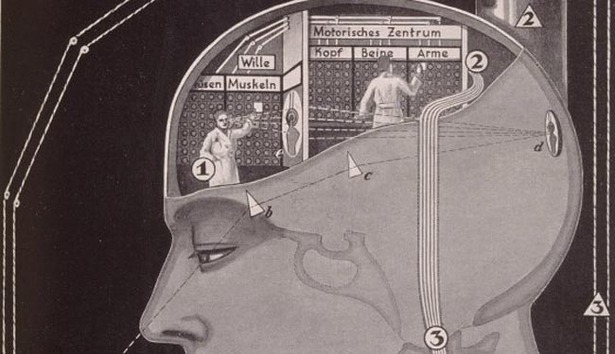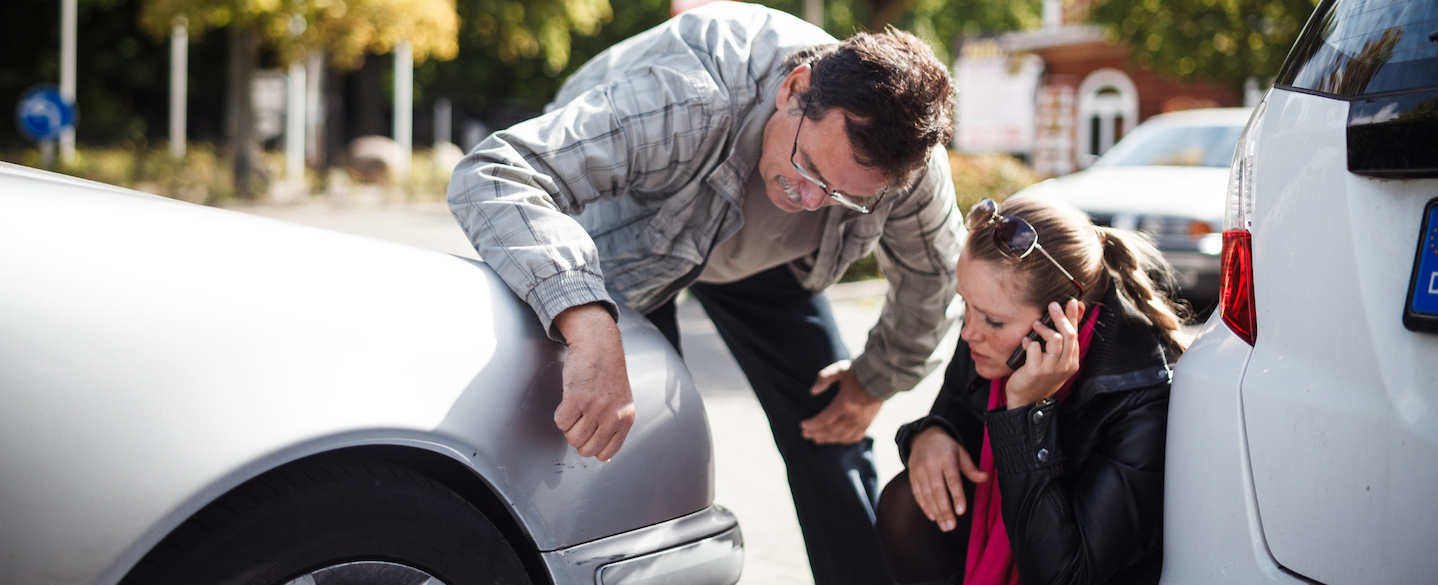By LIZ HERON
In today’s connected world, it is not uncommon for high school and college students to use Facebook as a place to pour out their feelings, sometimes in intensely personal updates. Some are predictable melodrama and fairly harmless cries for validation — but not all. Facebook posts can serve as early warning signs for adolescent depression or even suicide attempts, particularly when parents or friends notice a sudden departure from the writer’s usual tone.
Jan Hoffman, reporting for The Times, found that psychologists, social scientists and adolescent medicine specialists are watching Facebook postings by teenagers for indications of depression — and to help learn how, when and if to intervene. Facebook started working with the National Suicide Prevention Lifeline in 2007, and in December, Facebook also began sending the distressed person a link to an online counselor. Research suggests that although between 30 percent and 40 percent of college students suffer a debilitating depressive episode each year, barely 10 percent seek counseling. Could college counselors, as Facebook friends, watch for those episodes, and offer help?
While she was reporting on this subject, Ms. Hoffman and I posed a series of questions on Facebook to New York Times readers. We asked students whether they posted to Facebook when they were sad, and how their friends and family reacted. We also asked parents, educators and guidance counselors whether, and how, they responded to such dark postings. (Read some of the responses here, and below this post.)
Do you, as an adult or student, post to Facebook when what you are feeling is closer to depression than connection? Have you responded to bleak posts from one of your children and been rebuffed? Should professors or even therapists ever “friend” a student or patient on Facebook — and if they do, should they use what they read there to reach out if they suspect they’re needed?
Click here to read the full article
source: Motherlode / By LIZ HERON


